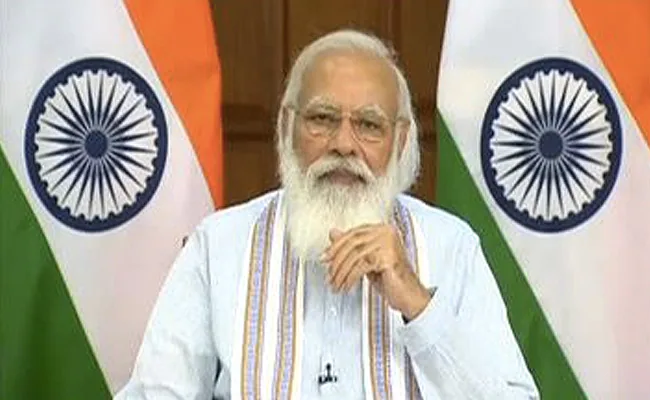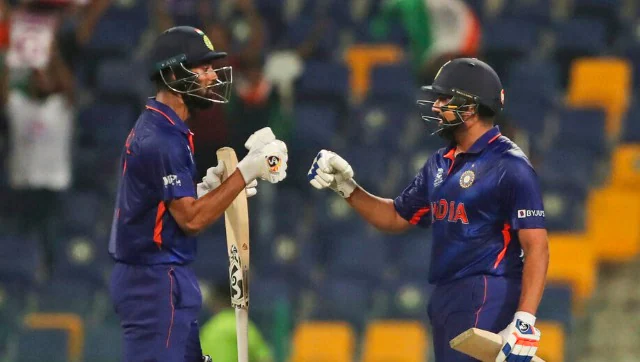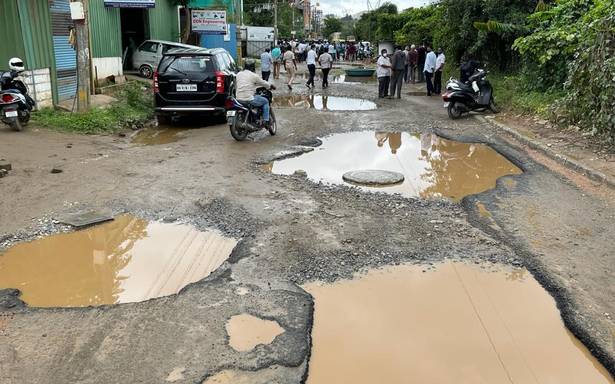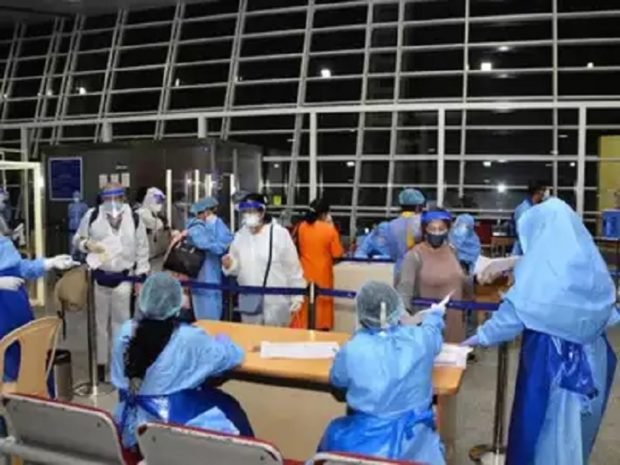New Delhi: Prime Minister Narendra Modi is set to become the first Indian Prime Minister to chair a United Nations Security Council open debate that will take place later this evening. The debate will shine a spotlight on enhancing maritime security.
Here are the top points in this story:
- Taking over from France, India assumed the rotating Presidency of the United Nations Security Council for the month of August.
- During India’s Presidency, said its Permanent Representative to the UN, Ambassador TS Tirumurti, it will organise three high-level signature meetings on maritime security, peacekeeping, and counterterrorism.
- Today’s debate titled ‘Enhancing Maritime Security – A Case for International Cooperation’, begins at 5:30 pm via video conferencing.
- The meeting is expected to be attended by several heads of state and government of member states of the United Nations Security Council, and high level briefers from the UN System and key Regional Organizations.
- The debate, which will be broadcast live on the United Nations Security Council website, will focus on ways to effectively counter maritime crime and insecurity and strengthened coordination in the maritime domain.
- This will be the first time that maritime security will be discussed in a holistic manner as an exclusive agenda item in such a high level open debate.
- In 2015, PM Modi put forward the vision of SAGAR – an acronym for ‘Security and Growth for all in the Region’. It focused on cooperative measures for sustainable use of the oceans, and provides a framework for a safe, secure, and stable maritime domain in the region.
- In 2019, at the East Asia Summit, this initiative was further elaborated through the Indo-Pacific Oceans’ Initiative (IPOI) with a focus on seven pillars of maritime security.
- This is India’s tenth tenure at the UN Security Council. So far it has been President of the body nine times: June 1950, September 1967, December 1972, October 1977, February 1985, October 1991, December 1992, August 2011, and November 2012.
- The Council, said Mr Tirumurti, plans several important meetings, including those with representatives of Syria, Iraq, Somalia, Yemen, and other countries of the middle-east.




